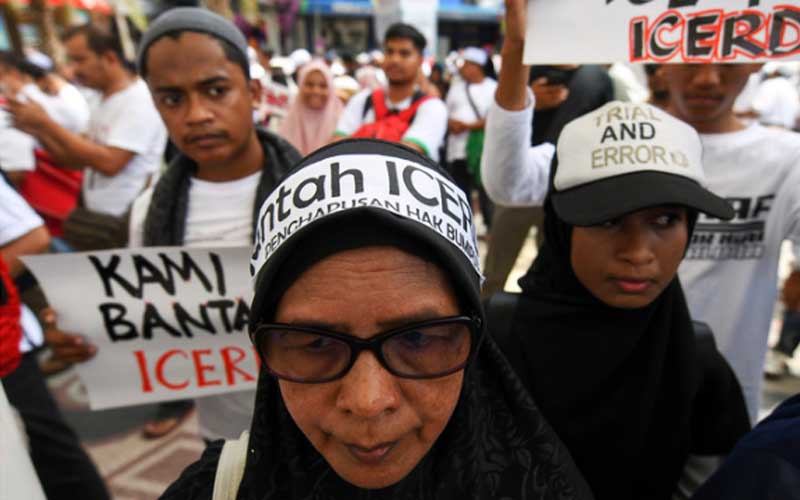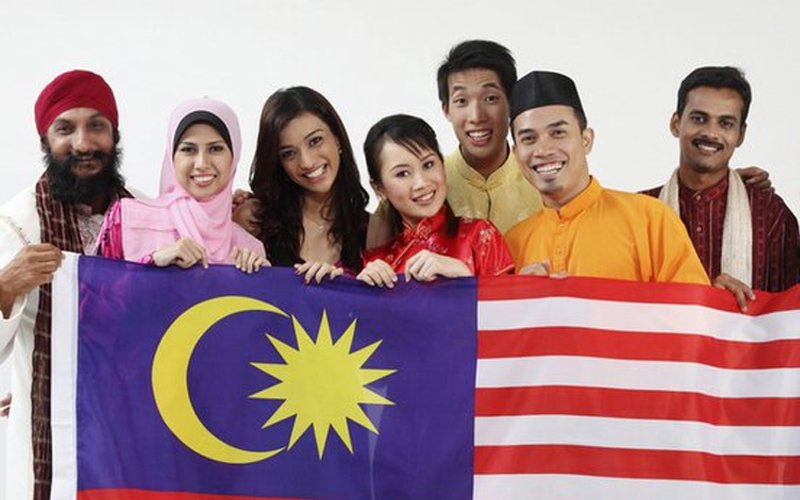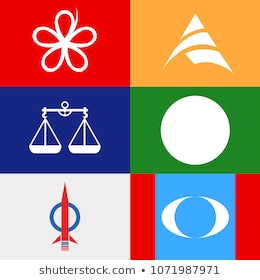ROZAIDI BIN AZIZ
South Korean culture has influenced many people worldwide. With the new technologies and media, South Korean culture has spread widely such as K-POP, K-Drama, Korean food, language and so on. In terms of entertainment, today, South Korea seems to surpass both Hollywood and Bollywood and has contributed to the new term called “the Korean Wave”. The Korean Wave or also known as Hallyu became popular in China and the Southeast Asian region since the 1990s, before finally reaching its neighbour, Japan, in 2003 with the introduction of hit Korean drama, Winter Sonata and its main character, Yon-sama.(Kyŏul Yŏnga)( (Kim & Ryoo, 2007).
Interestingly, ‘Winter Sonata’ made its arrival in Malaysian broadcast system in 2002, which was a year earlier than Japan. The drama’s original soundtrack was even translated into ‘Sonata Musim Salju’, sung by popular singer, Hazami. The hype of the drama was really high to the extent the song peaked in Malaysian radio broadcasting music charts. (Betty, 2016). Nowadays, Malaysians not only watch K-Drama but also consume their music, food as well as their fashion. Some of the popular K-Pop stars in Malaysia are Blackpink and BTS. Hallyu alsoinfluenced Malaysians’ attitudes, intentions, and behaviours. Grace Phang Ing, Azizi Abdul Adis and Zaiton Osman (2018) indicated that Malaysian young adults have positive attitudes towards K-Drama and K-Pop songs regardless of the ethnicity and religious background (Ing, Abdul Adis, & Osman, 2018).
Korean cultures such as food, language and fashion were promoted through the K-Dramas. Korean culture is understood to be quite similar with Chinese and Japanese cultures, as they also incorporate both countries’ cultural elements into their own. It has been able to fulfil or feed Asian viewers with similar, modernized culture without succumbing to Westernization. The culture is easily absorbed by Malaysians because Malaysia is a unique country that has many races and diversified cultures (Ariffin, Abu Bakar, & Yusof, 2018). The researchers believed that Korean dramas fulfil the ‘emptiness’ of Malaysian viewers, a feat unachievable by western movies.
The Korean wave also raised the issue of ‘halal food’ among Korean food lover in Malaysia. There are too many Korean restaurant in this country but not all of them are certified halal. This has been an issue among the citizens to the extent where it has influenced the pre-existing industrial structure by inducing global corporations and foreign governments to chase the regulation of “halal” certificate (Kim, Saffinee, & Jamaludin, 2019)
In 2017, the death of K-Pop Star Kim Jong-hyun has showed the big impact of Korean culture towards the society in Malaysia when K-Pop fans join candlelight vigils. Young Muslim adults also joined the vigils which caused Perak Mufti Tan Sri Harussani Zakaria to rebuke the action. According to Harussani it is haram and he questioned why people are following the culture of infidels because the singer had died due to suicide (Yunus, 2017).
References
Kim, E. M., & Ryoo, J. (2007). South Korean Culture Goes Global: K‐Pop and the Korean Wave*. Korean Social Science Journal, 117-142.
Betty. (2016). KOREAN WAVE AS A MODEL CULTURE IN MALAYSIA. Shah Alam: FACULTY OF EDUCATION AND SOCIALSCIENCES.
Ing, G. P., Abdul Adis, A., & Osman, Z. (2018). Korean Wave and Malaysian Young Adults: Attitudes, Intention and Behaviour. Malaysian Journal of Business and Economics, 77-94.
Ariffin, J. T., Abu Bakar, D., & Yusof, D. (2018). Culture in Korean Drama towards Influencing Malaysian Audiences. International Journal of Innovative Research in Engineering & Management (IJIREM) , 10-14.
Yunus, A. (2017, December 23). Muslims cannot join candlelight vigils for Kim Jong-hyun; it is haram: Perak Mufti. Retrieved from New Straits Times: https://www.nst.com.my/news/nation/2017/12/317535/muslims-cannot-join-candlelight-vigils-kim-jong-hyun-it-haram-perak-mufti
Kim, T., Saffinee, S., & Jamaludin, M. (2019). The Application of Halal Logistic in Korean Halal Industry: A Model from Malaysia Perspective. JOURNAL OF HALAL INDUSTRY & SERVICES, 1-7.


